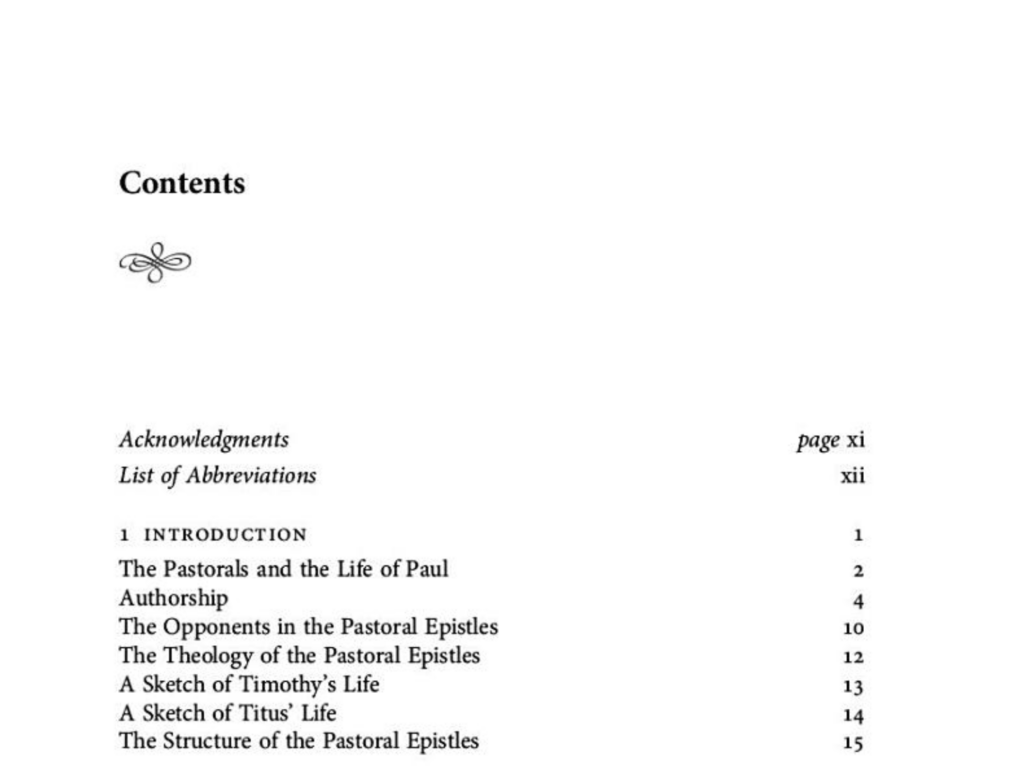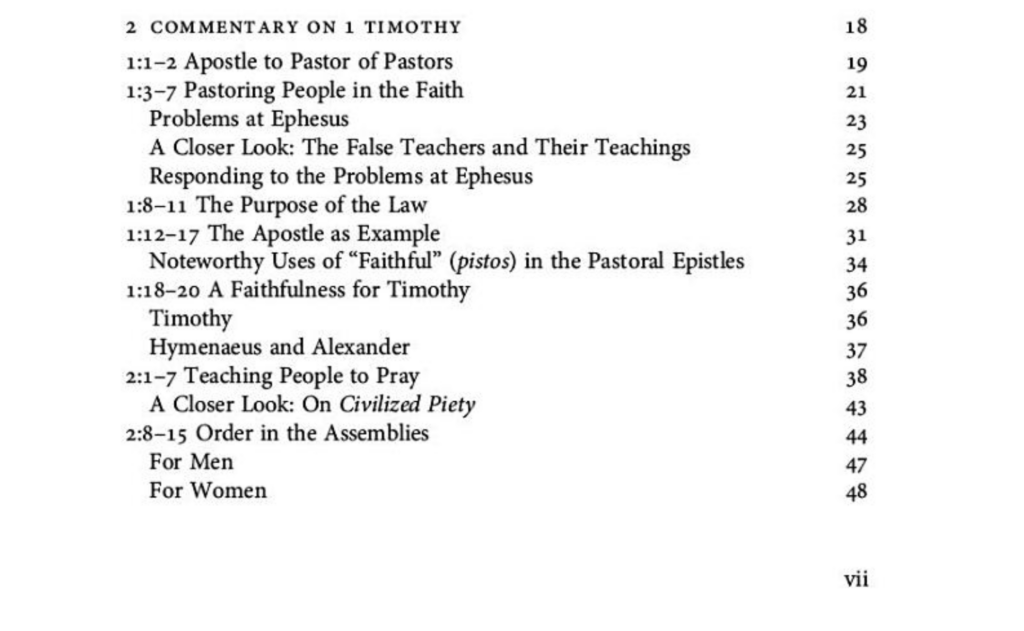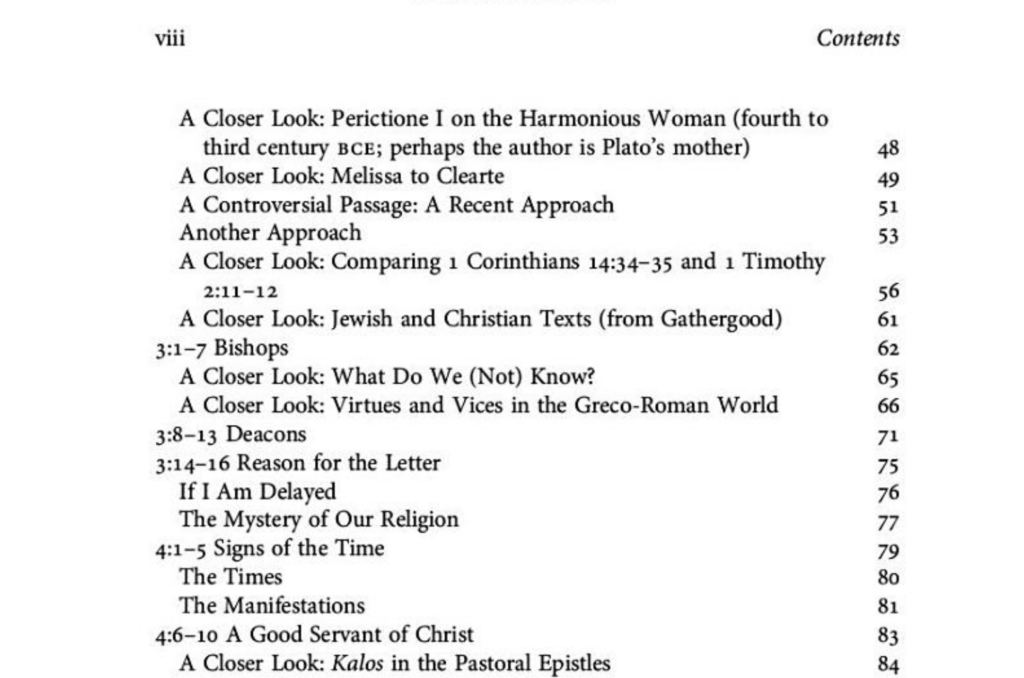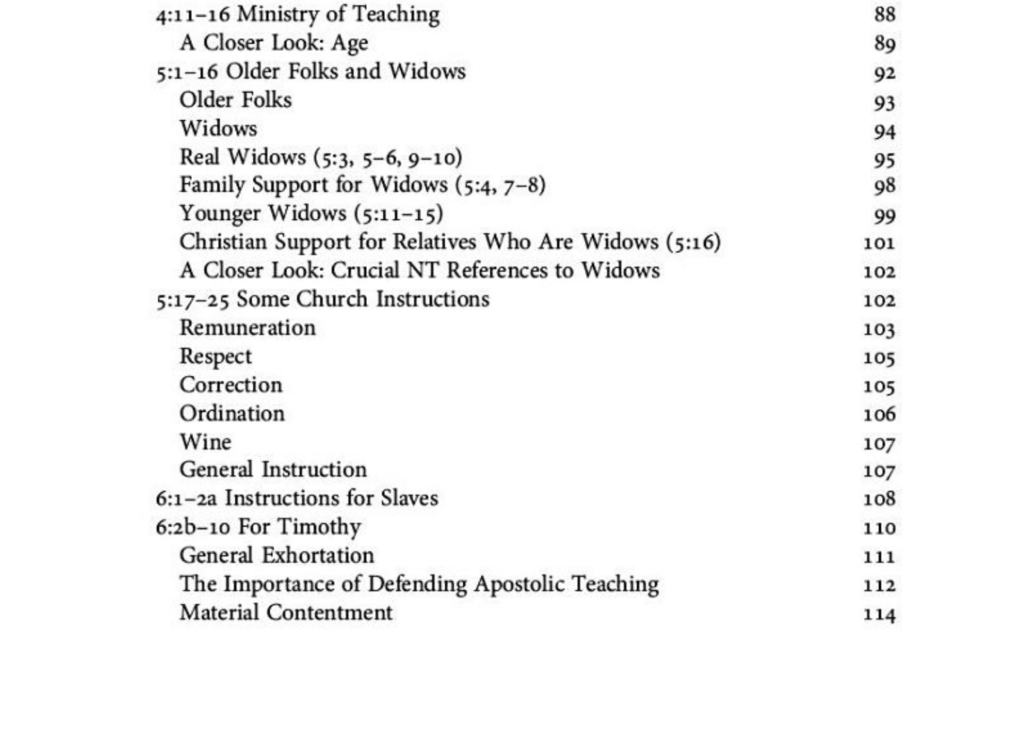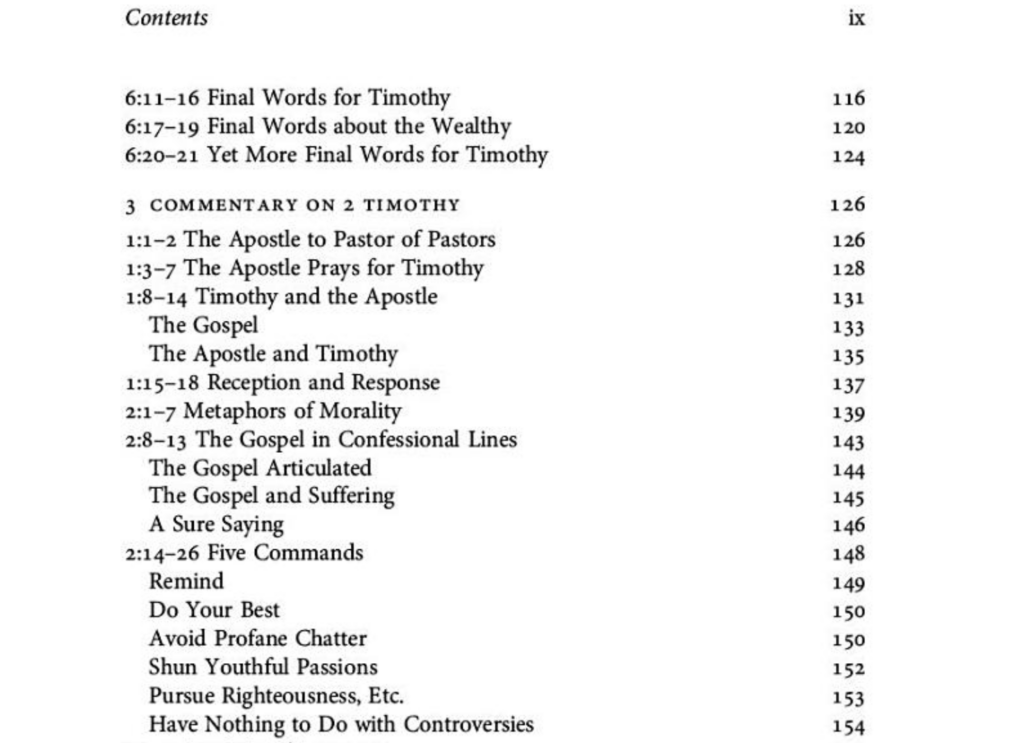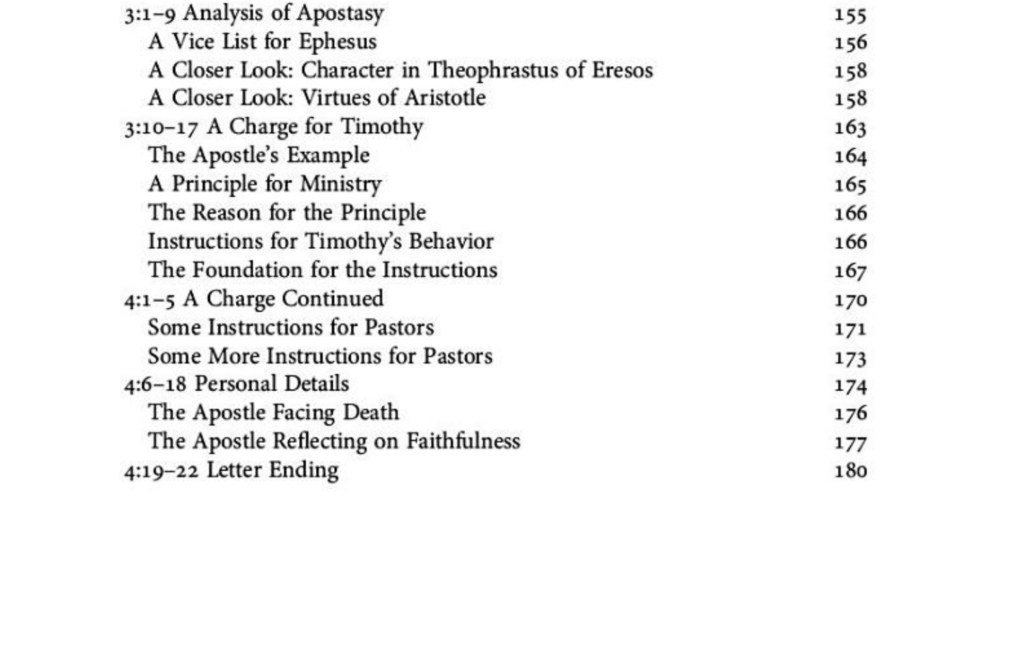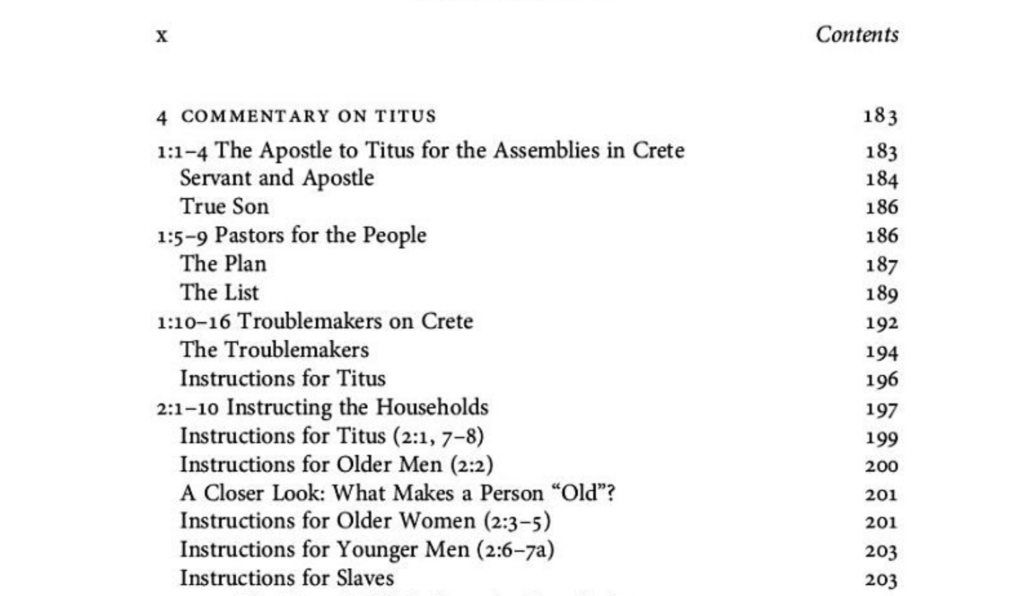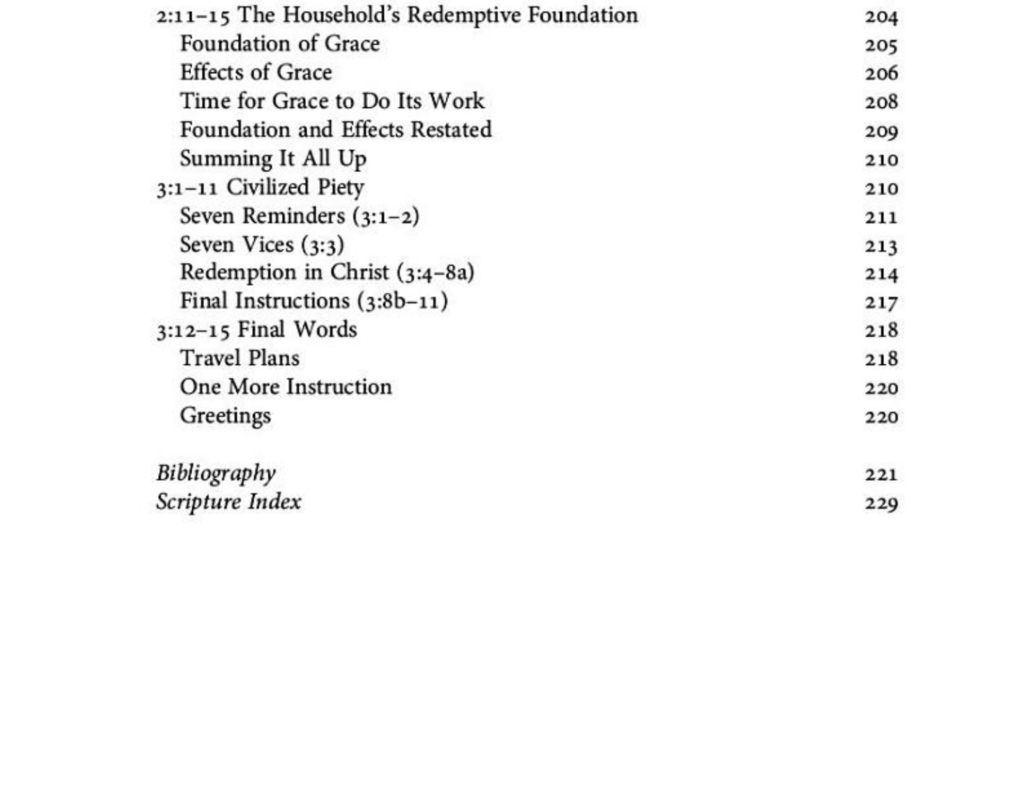
Scot McKnight, The Pastoral Epistles. New Cambridge Bible Commentary. Cambridge: Cambridge University Press, 2023.
Cambridge has just released Scot McKnight’s revision of the Pastorals volume in the New Cambridge Bible Commentary series. The NCBC series replaces — no surprise — the Cambridge Bible Commentary series produced in the 1960s and 1970s.
The CBC volume on the Pastorals was produced by Anthony Tyrrell Hanson in 1966. In a day when publications were not nearly as prevalent, A. T. Hanson would have been considered well-published in the Pastorals, having produced Studies in the Pastoral Epistles (London: SPCK, 1968), a collection of essays expanding on what he was able to include in the CBC volume; “The Theology of Suffering in the Pastoral Epistles and Ignatius of Antioch,” in Studia Patristica 17/2, ed. Elizabeth A. Livingstone (Oxford: Pergamon, 1982), 694‒96; and the final fruit of his Pastorals work, The Pastoral Epistles, New Century Bible Commentary (Grand Rapids: Eerdmans, 1982). The staying power of Hanson’s scholarship is suggested by Wipf & Stock’s 2015 reprint of Hanson’s 1968 Studies.
McKnight is a well-known name in New Testament scholarship, and is bringing his wide range of expertise to the Pastorals. His previous publication specifically targeting the Pastorals, to my knowledge, consists of his “Eusebeia as Social Respectability: The Public Life of the Christian Pastor,” in Rhetoric, History, and Theology: Interpreting the New Testament, ed. Todd D. Still and Jason A. Myers (Lanham, MD: Lexington/Fortress, 2022), 161–77 (material which will be presented at the inaugural meeting of the IBR Pastoral Epistles Research Group). Note also his “From Timely Exegesis to Contemporary Ecclesiology: Relevant Hermeneutics and Provocative Embodiment of Faith in a Corona-Defined World – Generosity During a Pandemic,” HTS Teologiese Studies/Theological Studies 77.4 (2021): a6426.
The publisher gives this summary: “In the church tradition three letters, now known as the Pastoral Epistles, are attributed to the apostle Paul. They are unlike any other letters by Paul. They are written to two of his closest companions, Timothy and Titus, and they instruct those two leaders how to lead gathered Christians in Ephesus and in Crete. The letters contain plenty of instruction for how church leaders at that time, and in those places, were to function. In this commentary, Scot McKnight seeks to explain the major themes of the Pastoral Epistles – church order, false teaching, and failing Christians – and their foundational vision for how Christians could make a good impression in public life. These three brief letters express a view of how Christians were to live in the Roman empire in a way that does not offend public sensibilities. They prescribe a way of public behavior best translated as ‘civilized religion.'”
Contents and the first six pages of the introduction were available to me at Amazon; they suggest robust engagement with scholarship, including recent work by Hoklotubbe, Van Nes, and Kidson. What interests me immediately in the table of contents are the excurses scattered throughout.
